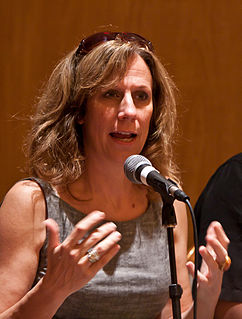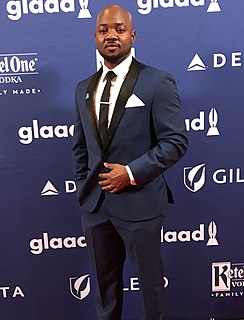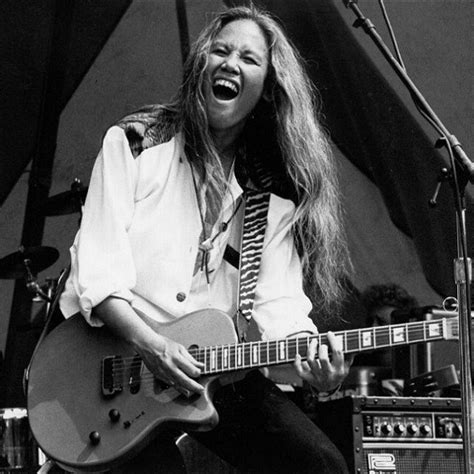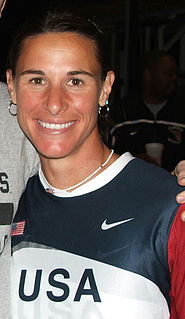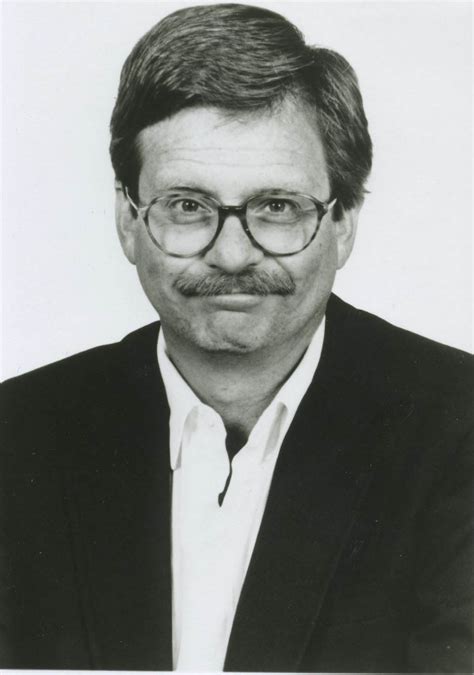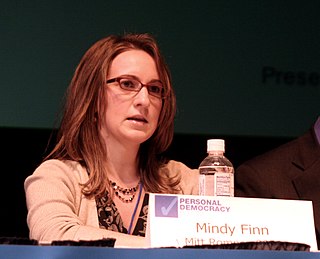A Quote by Jill Soloway
So for me to actually have access to women, to feminist women, to gay people, to trans people, to intellectuals, iconoclasts, weirdos, academics, just the people who don't normally get marketed to, in some way I kinda hoped that if I could collect all of them, I could say, "Hey! Look over here! There are enough people who like my stuff." And it sorta has seemed to be true.
Related Quotes
It is easier to talk about issues; it is easier to say you're a feminist because it's actually awesome to be one. The panopoly of people identifying as feminists is really excellent now that we've come to a point where all these really interesting voices are rising up and saying they're feminists - women of color, trans people, gay folks, everybody. It's an exciting time to actually define as that because it means that people are really feeling like their voice is what's the most important thing in the movement, and I love that.
I've known gay people - men and women - since I was a young person. To me it's just naturalistic and realistic to portray gay characters in a humanistic light. As a young man, I knew enough gay people as people not to fear them. On the other side of the coin, I like to irritate conservatives and homophobes.
You believe in equality for women and men. And that means that, not only do you believe in it kind of in the abstract but you actively think people should seek it when it comes to the way you hire people, the way you compensate people, the way you treat women and men in professional settings and school, whatever the case, giving them equal opportunities without disadvantaging them because of their, for the fact that they're women. And to me that's what it means for me to be a feminist. I don't think it's that controversial.
There's this belief sometimes from people who haven't lived the trans experience that's just like, 'You should tell everyone. You owe it to them.' But the truth is, you don't know how people are going to respond. And many people don't even have the language to talk about what their trans experience is, or what it could be.
I have this theory that people are actually really hungry for sonic space and understanding words, and I think that people are ready to look back and actually appreciate some of what came before. And then you really do have the entire movement that I'm just going to call feminist, because I am a feminist. I think the education of young girls and women about what came before has started and I think that the knowledge of Fanny is part of that.
Although someone's vote may hurt me by supporting the structures in place that hold people of colour, women, and LGBT+ people down, some people just don't realise that these structures exist. The way someone votes doesn't make them a bad person; it just means that, at the time, this was the best decision they thought they could make.
There are some people who are way too sensitive about things. If you're not using the vocabulary that's new that they've helped define, then you're not on their team, even though you want to be. And at the same time, the fact that our president Donald Trump said on record, "You could just grab women by the pussy," and a lot of people in America were like, "Yeah, it's fine, that's something that's said..." There are people that are not sensitive or aware enough about other people and what that means.
Norman Mailer loved women so much. I mean probably more than anything in the world he loved women. He got put into a position where he was kind of seen as the anti-feminist, although he was for the feminist movement. He just didn't want people to get consumed with the idea that this was going to be much better. He said, "Look, women should be treated equally and fairly."
I think the fact that our economy has changed dramatically over the last 20 years. It's a new economy that has really left some people behind but it has also leveled the playing field in way that has really provided access to women and people of every color, race, and creed to participate and thrive. So while that's not explicitly a women's issue, what it highlights is that women have more opportunities than they've ever had in this country.

